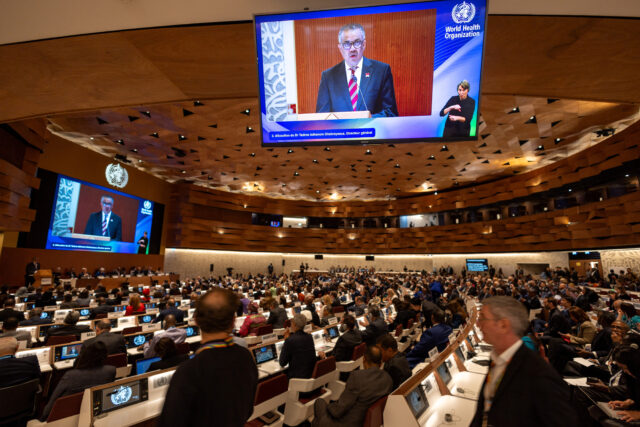WHO chief Tedros Adhanom Ghebreyesu voiced confidence that countries would one day reach a deal on a pandemic accord after failing to produce an agreement last week. Health officials have warned it could take years.
Pandemic treaty isn’t passed
Nations have spent two years trying to forge binding commitments on pandemic prevention, preparedness, and response. However, they failed to clinch a deal ahead of this week’s World Health Assembly – the annual gathering of WHO’s 194 member states – the deadline for concluding the talks. The World Health Assembly is from May 27-June 1.
Negotiators failed to produce a draft deal on Friday for formal approval by the assembly this week.
WHO chief remains confident
Speaking at the World Health Assembly, the WHO chief said that he had hoped a consensus would have been reached, but he remained confident.
“I remain confident that you still will, because where there is a will, there is a way. I know that there remains among you a common will to get this done.”
Health officials voiced frustration with the negotiations that have been dogged by last-minute shifts in position. There is growing criticism from right-wing commentators that the treaty would undermine sovereignty. The WHO strongly denies this.
A truck with a sign reading, “NO to the Pandemic Treaty. STOP the UN Power Grab” was seen near the UN headquarters in Geneva where the talks are taking place.
‘Abdication of political leadership’
A senior U.S. administration official said Washington remained committed to the process but estimated another 1-2 years of talks.
“There’s a lot of frustration.”
Lawrence Gostin, a professor at Georgetown Law in Washington D.C. involved in the negotiations, said the outcome was a “shameful abdication of political leadership.” He voiced confidence the reforms would pass this week.
“They have enormous potential value for making the world safer and more equitable.”
(REUTERS)
















